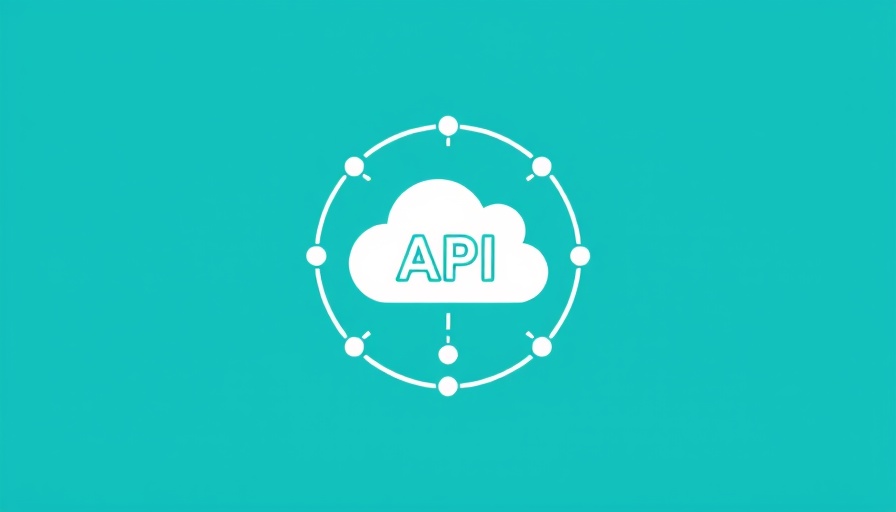
Why WordPress Security Should Be Your Top Priority
Before you embark on launching your WordPress site, it's crucial to ask the right questions about security. With WordPress powering over 43% of all websites, security is paramount. Its immense popularity makes it a prime target for hackers and malicious bots. However, the myth that WordPress is inherently unsafe can overshadow its potential. By implementing essential security best practices, you can protect your digital assets, customer data, and reputation from potential threats.
Update Regularly to Bolster Security
One of the most effective strategies to secure your WordPress site is ensuring that your core software, plugins, and themes are consistently updated. Cybercriminals frequently exploit vulnerabilities found in outdated versions. By keeping everything current, you significantly reduce vulnerabilities that could be exploited. Consider enabling automatic updates for minor versions and sign up for notifications that prompt attention to updates requiring manual installation.
Select a Security-Conscious Hosting Provider
Your hosting provider plays a pivotal role in your site's security. Opt for a provider known for robust security features, including firewalls, DDoS protection, automated backups, and malware scanning. Many providers also offer managed WordPress hosting, which often includes additional security measures to safeguard your site from attacks. Doing your research here can provide peace of mind and a more secure online environment.
The Importance of Strong Passwords and Two-Factor Authentication
Managing user roles carefully is essential. Make sure that only authorized persons have access to sensitive areas of your site. Implementing strong passwords and enabling two-factor authentication (2FA) adds an extra layer of protection. While it may seem inconvenient, 2FA significantly reduces the risk of unauthorized access, meaning that even if passwords are compromised, the additional verification methods stand as a formidable barrier.
Take Advantage of Reliable Security Plugins
Utilize reputable security plugins like Wordfence, Sucuri, or All in One WP Security. These tools are designed to monitor file integrity, harden login protection, and scan for malware regularly. They provide an automated defense mechanism that can alert you to potential threats before they escalate, allowing you to respond more quickly to any irregular activity.
Comprehensive Backup Strategies
Backing up your site regularly is non-negotiable. Use plugins like BackWPup to automate backups and store them in multiple secure locations. Should an incident occur, you want a reliable backup solution that allows for swift recovery, minimizing downtime and preserving your data integrity.
Regular Security Audits: The Key to Long-Term Safety
Establish a long-term security strategy that includes conducting regular audits of your site. Performing penetration tests can expose hidden weaknesses, allowing you to strengthen your defenses preemptively. Regular check-ups not only help you identify and resolve vulnerabilities but also keep you informed about potential new threats targeting WordPress.
Conclusion: Your Next Steps Toward a Secure WordPress Site
By adopting these essential security tips, you can thwart many of the risks faced by WordPress users today. The journey of security doesn’t end with these practices; it evolves as new threats emerge. Maintaining an active posture regarding your site's security ensures that you protect not just your investment, but also your visitors’ trust. For more resources on WordPress security, consider leveraging expert advice or tools tailored for your specific needs.
 Add Row
Add Row  Add
Add 




 Add Row
Add Row  Add
Add 

Write A Comment